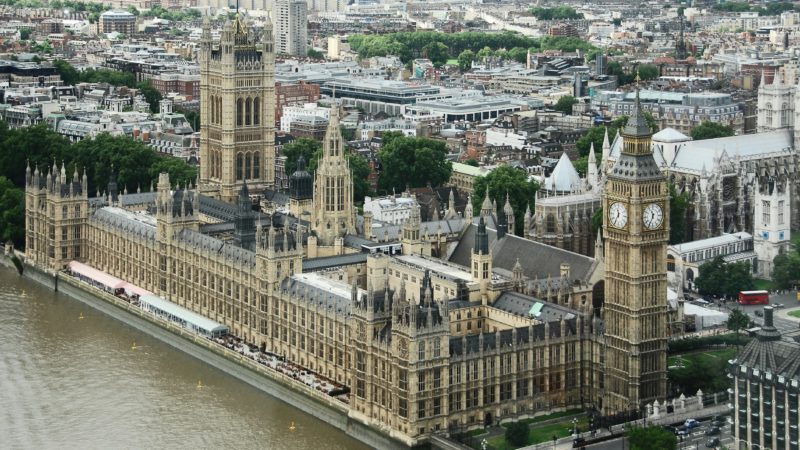Report says sexual harassment puts women off becoming involved in politics

A report by the Fawcett Society has said that not enough is being done to combat sexual harassment in Parliament.
The report said that sexual harassment puts people (especially women) off getting involved in politics and even voting – but that the systems in place to stop sexual harassment are ineffective.
One anonymous party representative said:
“I left my role, the Party and even the city. My experience with him [an MP] and with the Party complaints process left me completely disillusioned with politics.
Professionally, I had hoped for a long-term career in various levels of politics. I now feel a total loss of hope or desire to carry on in any political role or be in the party political sphere at all.”
The report identified three main groups who have been the victims of sexual harassment: MPs’ staff, people who work in Parliament (bar workers for example) and party volunteers.
Political parties have processes in place to deal with sexual harassment allegations but the report said they are “more or less entirely ineffective”.
This conclusion was based on the testimonies of women with experience of the parties’ complaints system. One anonymous former party representative said:
“Throughout my [party] complaint, I had a real sense that the primary concern of the Party was for minimising political exposure rather than genuinely addressing the concerns of victims.”
The report’s authors said that parties must review their internal sexual harassment and complaints policies to ensure that they are transparent, quick, victim-focused and independent.
They should cover volunteers, party employees and elected and appointed representatives and should cover harassment that happens outside of Parliament.
“These procedures should also be open to review to ensure that
they are effective, as judged by those who use them,” the report said.
As well as the parties’ own processes, there is now a Parliament-wide cross-party system called the Independent Complaints and Grievance Scheme (ICGS).
This was set up after extensive media reports of sexual harassment allegations in November 2017.
The working group which led to ICGS’s creation found that 19% of those working in or with Parliament had experienced sexual harassment, including witnessing sexually inappropriate behaviour. Women experienced this twice as much as men.
While the Fawcett Society recognised the ICGS’s creation was a positive step, it said the ICGS system is not sufficiently independent.
This is because the ICGS’s appeal function is carried out by the
Committee on Standards, a select committee made up of MPs.
The government can also help stop sexual harassment in Parliament, the report said, by changing the wording of anti-discrimination legislation so that volunteers, MPs and peers are protected from sexual harassment as much as others working in politics.
The government should also re-instate and extend Section 40 of the Equality Act, which was repealed in 2013.
This would make an employer liable for third party harassment that occurred in the course of an employee’s employment if it knew that an employee had been harassed by a third party and had failed to take reasonably practicable steps to prevent further harassment.
This would hep because in Parliament, politicians’ staff are employed by the politician they work for. Other staff work for the party and others work for the Houses of Parliament itself.
These employees mixing together allows for ‘third-party harassment’ – from people who aren’t a direct employer or colleague. For example, one MP harassing the researcher of another MP or a member of bar staff.
The report also showed that the public want sexual harasser MPs to be punished.
Around 70% of the public said MPs found to have committed sexual harassment should be barred from being MPs.
A similar number also said that MPs constituents should be able to trigger a by-election.
The Fawcett Society pointed out that sexual harassment is too prevalent across society, as well as in Parliament.
Research which polled 6,206 British adults found that 40% of women and 18% of men had experienced some form of unwanted sexual behaviour in the workplace.
Joe Lo is a freelance journalist and reporter for Left Foot Forward
To reach hundreds of thousands of new readers we need to grow our donor base substantially.
That's why in 2024, we are seeking to generate 150 additional regular donors to support Left Foot Forward's work.
We still need another 117 people to donate to hit the target. You can help. Donate today.



